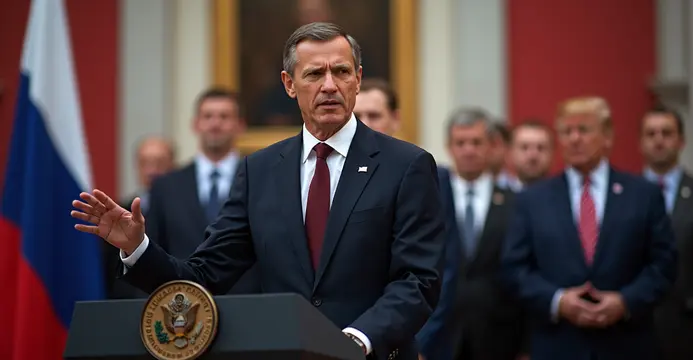
New Polish President Takes Office
Karol Nawrocki was sworn in as Poland's president during a ceremony at the Sejm parliament building in Warsaw. The conservative nationalist took the presidential oath before delivering a speech where he declared the election results "a clear signal that Poles want politicians to keep campaign promises."
Policy Positions Outlined
President Nawrocki reiterated key campaign pledges including opposition to raising retirement ages, combating illegal migration, and blocking Poland's adoption of the euro currency. His speech contained significant criticism of the European Union, aligning with his nationalist platform.
Political Context
Though officially independent, Nawrocki maintains close ties with the opposition Law and Justice (PiS) party, which governed Poland until 2023. His predecessor Andrzej Duda, also from the PiS camp, frequently blocked government initiatives using presidential veto powers.
Ceremonial Events
The inauguration day included wreath-laying ceremonies, religious services, monument visits, and the symbolic takeover of the presidential palace. Nawrocki also formally assumed command of Poland's armed forces during traditional military ceremonies.
Election Implications
Nawrocki narrowly defeated pro-European candidate Rafał Trzaskowski in June's runoff election. His victory represents a significant setback for Prime Minister Donald Tusk's government, as Nawrocki has promised a tougher stance against the administration than his predecessor.
Governing Challenges Ahead
The Polish presidency holds legislative veto power, which Nawrocki is expected to use to obstruct government plans. He opposes Ukrainian membership in NATO and the EU - positions contradicting both Duda and Tusk. Political analysts predict continued conflicts over rule-of-law reforms, as Nawrocki will likely block attempts to reverse judicial changes implemented during PiS governance.

 Nederlands
Nederlands
 English
English
 French
French
 Deutsch
Deutsch
 Espaniol
Espaniol
 Portugese
Portugese








